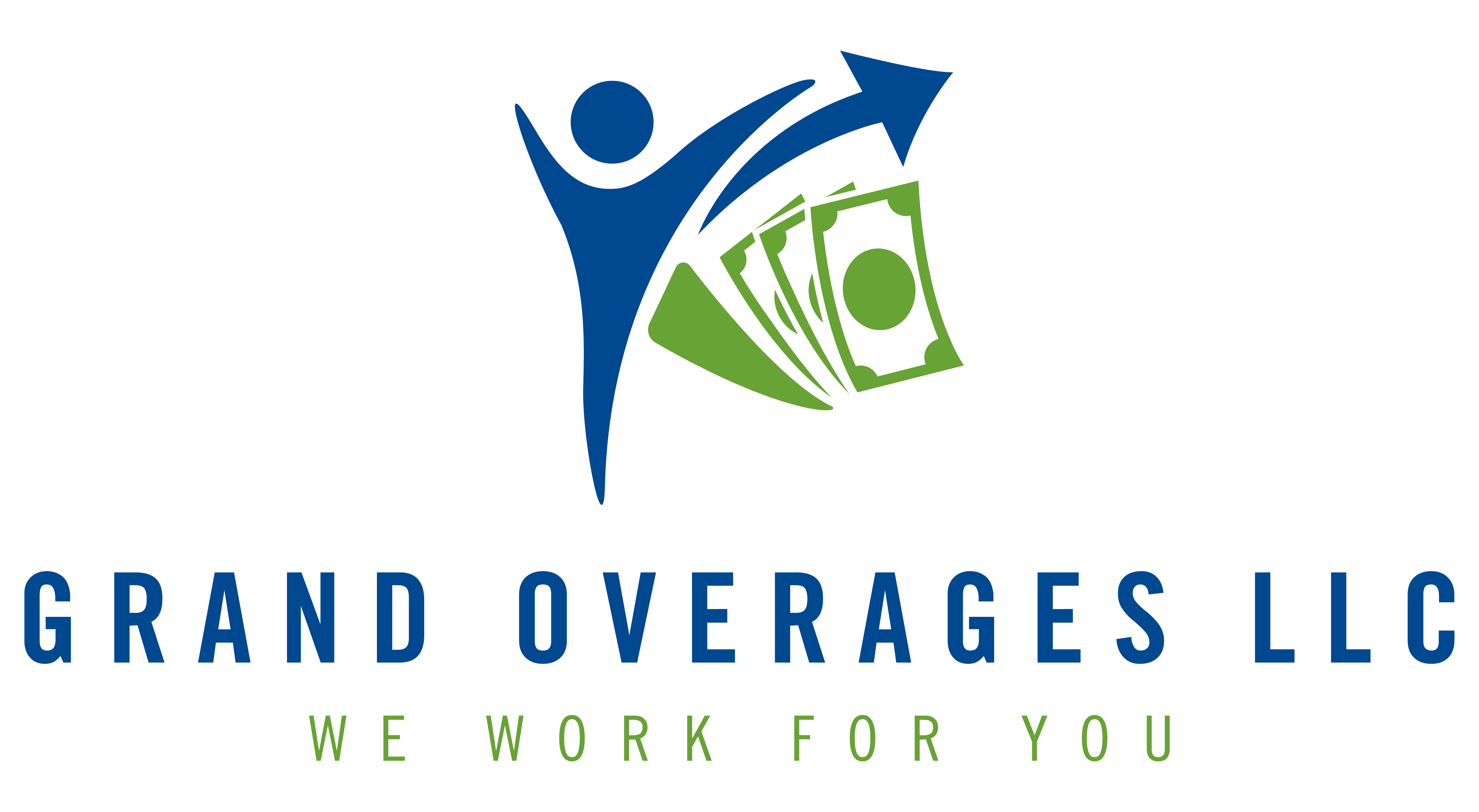Choosing a reliable crypto gambling platform in the UK requires careful consideration of various factors, with license legitimacy standing out as one of the most critical. A legitimate license not only ensures compliance with regulatory standards but also safeguards players against fraud, guarantees fair gameplay, and provides legal recourse in case of disputes. To make an informed choice, players can visit trusted resources like https://chickenroad.org.uk/ for more guidance. As the popularity of crypto gambling continues to rise, understanding the significance of licensing legitimacy becomes essential for both casual players and serious bettors.
Table of Contents
- How licensing standards ensure fair gameplay and transparency
- Legal protections provided by licensed UK crypto gambling sites
- Evaluating the credibility of licensing authorities in the UK
- Technical safeguards and data security standards mandated by licenses
- The influence of license status on financial transactions and withdrawals
How licensing standards ensure fair gameplay and transparency
Verification processes that confirm legitimate licensing authorities
Legitimate UK gambling licenses are issued by recognized authorities such as the UK Gambling Commission (UKGC). These bodies implement rigorous verification procedures, including thorough background checks of the platform owners, audits of the platform’s software, and assessments of operational practices. For example, a licensed site must demonstrate adherence to fairness standards, such as using certified Random Number Generators (RNGs) verified by independent testing agencies like eCOGRA or iTech Labs. This ensures that game outcomes are genuinely random, preventing manipulation and ensuring fair play.
Impact of license legitimacy on player trust and platform credibility
Players tend to trust licensed platforms more because these sites are subject to strict regulatory oversight. Licensed operators are required to display their license details prominently, providing transparency about their regulatory status. For instance, a study published in the Journal of Gambling Studies indicated that players who gamble on licensed sites report higher confidence and satisfaction levels, correlating license legitimacy with perceived credibility. Conversely, unlicensed sites often lack transparency and may engage in unfair practices, damaging player trust.
Case studies of licensed vs. unlicensed gambling site practices
Consider the case of a licensed UK platform, Bet365, which maintains strict adherence to UKGC regulations, including regular audits and transparent payout processes. In contrast, unlicensed sites have been reported to manipulate game outcomes, delay withdrawals, and operate without accountability. For example, in 2020, a prominent unlicensed crypto gambling site was shut down following allegations of manipulating game results and refusing to pay out winnings, highlighting the risks associated with unregulated operations.
Legal protections provided by licensed UK crypto gambling sites
Dispute resolution mechanisms for license holders
Licensed sites are mandated to have formal dispute resolution procedures in place, often overseen by external arbitration bodies or the licensing authority itself. This means players can escalate unresolved issues confidently, knowing there is an impartial process. The UK Gambling Commission, for instance, provides a dedicated process where players can seek redress if they believe the operator has violated regulations, ensuring fair and timely resolution.
Safeguards against fraudulent activities and scams
Regulated platforms are subject to strict anti-fraud measures, including identity verification (Know Your Customer – KYC), transaction monitoring, and anti-money laundering (AML) policies. These safeguards significantly reduce the risk of scams; for example, a licensed site must verify user identities before allowing large transactions, making it harder for fraudulent actors to operate unnoticed.
Player rights and recourse in licensed environments
Players on licensed sites have legal rights, including protection from unfair terms, access to funds, and the ability to seek compensation if the platform breaches regulations. Licensing bodies enforce these rights, providing peace of mind that their investments are protected. For instance, if a platform becomes insolvent, licensed operators are often required to participate in customer compensation schemes.
Evaluating the credibility of licensing authorities in the UK
Overview of recognized UK licensing bodies for crypto gambling
The UK Gambling Commission (UKGC) is the principal regulatory authority overseeing all gambling activities in the UK, including crypto gambling platforms operating under its jurisdiction. Other reputable authorities include the Gibraltar Gambling Commissioner and the Malta Gaming Authority, which are recognized internationally for their stringent standards and cooperation with UK regulations when operating within the UK market.
Indicators of a reputable licensing agency
- Publicly available license details and licensing ID
- Regular audit reports and compliance updates
- Transparency about regulatory scope and enforcement actions
- Endorsements from independent industry bodies
For example, a licensed platform displaying the UKGC logo and license number provides assurance of regulatory compliance.
Risks associated with licenses from lesser-known authorities
Licenses issued by unrecognized or dubious authorities often lack transparency, oversight, and enforcement capabilities. These licenses may be issued without rigorous checks, increasing the risk of fraud, unfair practices, and insufficient player protections. For instance, platforms operating under lesser-known licenses have been implicated in scams, refusal to pay winnings, and data breaches, emphasizing the importance of verifying the credibility of licensing bodies.
Technical safeguards and data security standards mandated by licenses
Encryption protocols and user data protection compliance
Legitimate licensed platforms implement advanced encryption protocols such as SSL (Secure Sockets Layer) and TLS (Transport Layer Security) to protect user data during transmission. Compliance with data protection regulations like the UK Data Protection Act and GDPR ensures that personal information is stored securely and used responsibly. For example, a licensed site employing end-to-end encryption minimizes the risk of data breaches and unauthorized access.
Regular audits and compliance checks enforced by licensing bodies
Licensed operators undergo periodic audits by independent third parties to verify adherence to security standards and operational integrity. These audits assess software security, transaction security, and data management practices. The UKGC mandates annual compliance reports, ensuring ongoing adherence to high security standards.
Implications of license legitimacy on cybersecurity resilience
Platforms with legitimate licenses are more resilient against cyber threats due to enforced security standards. Conversely, unlicensed or poorly regulated sites often lack robust cybersecurity measures, making them vulnerable to hacking and data theft. Ensuring license legitimacy directly correlates with the platform’s ability to safeguard user information and financial data effectively.
The influence of license status on financial transactions and withdrawals
Ensuring secure and transparent monetary exchanges
Licensed crypto gambling sites are required to use secure payment gateways that comply with AML and KYC standards. They often provide transparent transaction histories, real-time updates, and clear withdrawal policies. For example, a licensed site will clearly state processing times and fees associated with deposits and withdrawals, ensuring transparency.
License requirements for anti-money laundering (AML) measures
AML compliance is a core component of licensing. Operators must implement procedures to detect and prevent money laundering activities, such as verifying the source of funds and monitoring suspicious transactions. Failure to comply can result in license suspension or revocation, emphasizing the importance of licensing in maintaining financial integrity.
Risks of unlicensed sites handling financial operations
Unlicensed sites often lack proper AML and KYC procedures, increasing the risk of money laundering, fraud, and theft. Players risk losing their funds without legal recourse, as these platforms operate outside regulatory oversight. A notable example includes unlicensed crypto gambling sites that have disappeared with user deposits, leaving players with no legal avenue for recovery.
In conclusion, the legitimacy of a license is fundamental when selecting UK crypto gambling sites. It guarantees fair play, legal protections, security standards, and transparent financial transactions. Players should always verify the licensing authority, look for transparency in licensing information, and prioritize platforms regulated by recognized bodies like the UK Gambling Commission. Doing so not only enhances their gambling experience but also significantly reduces the risks associated with unregulated operations.

